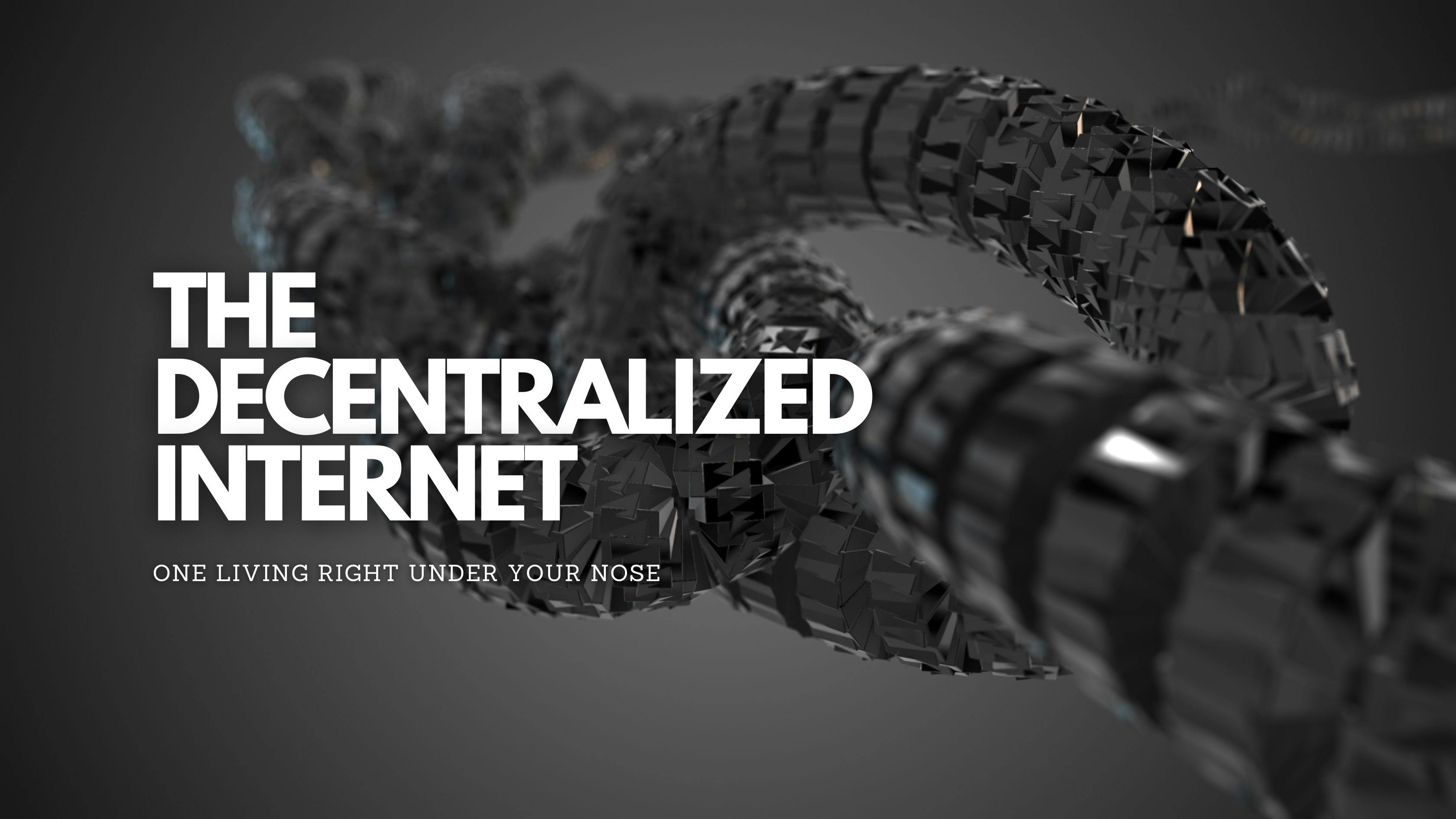459 reads
Successful Decentralization Lives Right Under Our Nose
by
June 3rd, 2021
About Author
Freelance Content Writer (Blog Posts) / SEO, SaaS, UI/UX, AI
Comments
TOPICS
THIS ARTICLE WAS FEATURED IN
Related Stories
10 Essential Essays on Bitcoin
Aug 07, 2020
10 Essential Essays on Bitcoin
Aug 07, 2020
